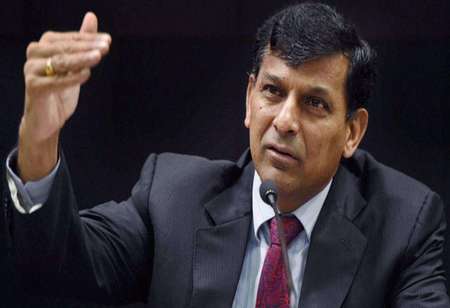
Allowing Indian Corporates into Banking is a Bad Idea: RBI's Ex-Governor Raghuram Rajan


RBI’s former governor Raghuram Rajan and deputy governor Viral Acharya has criticized the proposals suggested by an internal working group (IWG) of the central bank to allow corporate entry into banking and stated is as a bad idea.
They further published on LinkedIn stating, "It will further exacerbate the concentration of economic (and political) power in certain business houses."
Presently, Raghuram is serving as Katherine Dusak Miller Distinguished Service Professor of Finance at The University of Chicago Booth School of Business and Acharya is a professor at the Stern School.
They questioned the timing of the proposal when India is still trying to learn the lessons from failures like IL&FS & Yes Bank.
Furthermore, Raghuram says, "Many technical rationalizations proposed by RBI's Internal Working Group are worth adopting, while its main recommendation, to allow Indian corporate houses into banking, is best left on the shelf. The history of connected lending is invariably disastrous -- how can the bank make good loans when it is owned by the borrower? Even an independent committed regulator, with all the information in the world, finds it difficult to be in every nook and corner of the financial system to stop poor lending.”
Pointing out the group’s proposal to permit the Indian corporate houses into banking the article states, that it’s most important recommendation couched at the time when the number of largely technical regulatory rationalizations is a bombshell.”
The article says, "It proposes to allow Indian corporate houses into banking. While the proposal is tempered with many caveats, it raises an important question: Why now? Have we learned something that allows us to override all the prior cautions on allowing industrial houses into banking? We would argue no. Indeed, to the contrary, it is even more important today to stick to the tried and tested limits on corporate involvement in banking."
Raghuram further asks, "Why is there an urgency to change the regulation? After all, the committee is rarely set up out of the blue. Is there some dramatic change in perception that it is responding to?"
Considering the government's need to open the set of bidders when it finally turns to privatize some of the public sector banks (PSBs), the former RBI governor and deputy governor state it a mistake.
Further, they say that it would be "penny wise pound foolish" to compensate the poor governance under the existing structure of the PSBs with a profoundly conflicted structure of control by industrial houses.